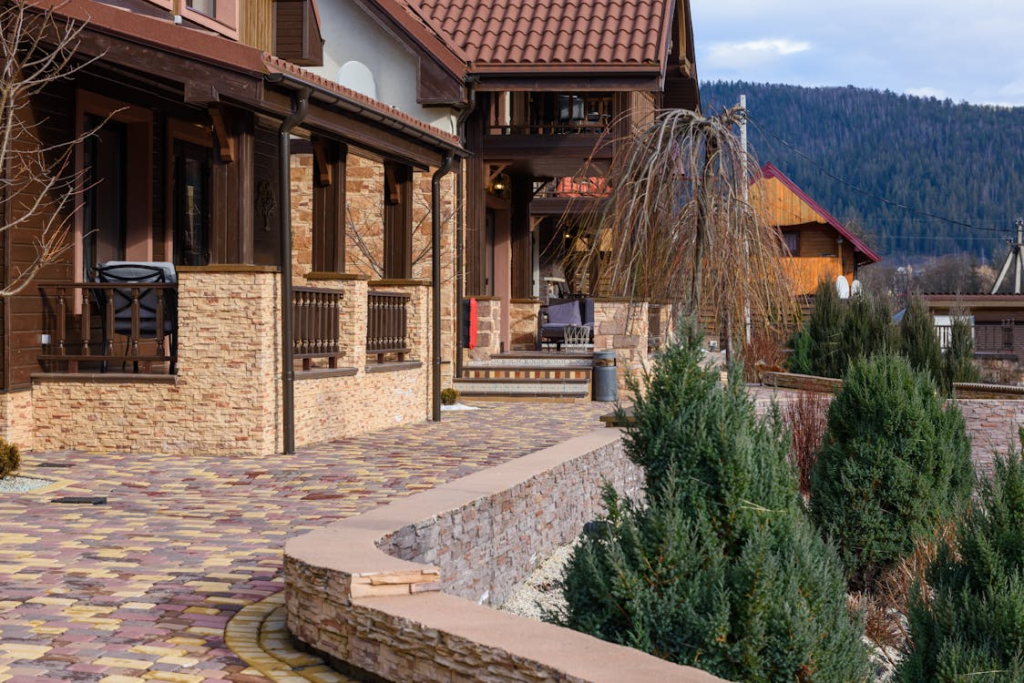Outdoor masonry projects bring long-term value, functionality, and beauty to any property. Whether you’re planning a new patio, walkway, retaining wall, or foundation edging, choosing the right outdoor masonry material is one of the most important decisions you’ll make. Not all materials are created equal, and the climate, soil conditions, and intended use of the space all influence what will work best.
For homeowners in Boston, where weather conditions include harsh winters, freeze-thaw cycles, and heavy rainfall, durability and moisture resistance must be a top priority when selecting materials for any exterior masonry work.
Understanding Project Function and Environment
Before selecting any material, it’s important to define the purpose of the space. Walkways, for example, need to be slip-resistant and capable of handling foot traffic year-round. Outdoor steps and entryways must endure moisture, ice, and snow. Retaining walls should not only look good but also withstand soil pressure and water drainage over time.
Materials used in these applications must be tough, low-maintenance, and appropriate for Boston’s seasonal challenges. The wrong choice can lead to premature cracking, erosion, or surface deterioration, issues often seen by contractors offering concrete repair or building restoration services each spring.

Key Considerations for Material Selection
- Climate Compatibility: In cold regions like Boston, porous materials absorb water and then expand and contract with temperature changes. This often leads to cracking or spalling. Choosing denser, low-absorption materials is vital to minimize masonry damage.
- Load and Wear Resistance: For driveways, pathways, and patios, select materials strong enough to handle constant wear and weight. Many homeowners opt for materials compatible with foundation waterproofing standards to ensure durability from the ground up.
- Aesthetic Compatibility: Whether you’re working with modern architecture or historical homes, outdoor materials should complement the building’s existing style. This is especially true for projects involving brick and stone repointing or older structures requiring subtle blends and finishes.
- Ease of Repair: Consider long-term maintenance. Materials that can be easily matched and repaired make life easier if damage does occur. In neighborhoods with aging structures, commercial restoration contractors often deal with mismatched or outdated materials that complicate repair.
The Importance of Professional Guidance
While it may be tempting to focus solely on aesthetics, function, and longevity are equally important. Many homeowners underestimate the complexity of outdoor masonry material planning, especially when trying to balance design with Boston’s unique environmental demands.
Partnering with experienced professionals ensures you choose the right materials for your specific project. They’ll assess your site conditions, recommend appropriate products, and deliver a long-lasting installation that aligns with the structural needs of your property.
Trust Professionals for Outdoor Masonry Projects in Boston
When it comes to patios, walkways, and retaining walls, material selection is only the beginning. Execution matters just as much. AMN Masonry brings decades of experience in patio & walkway services, concrete repair, and foundation waterproofing in Boston, ensuring your outdoor spaces are both beautiful and built to last.
Ready to upgrade your outdoor space? Contact us today for expert masonry solutions tailored to Boston’s climate and architecture.
